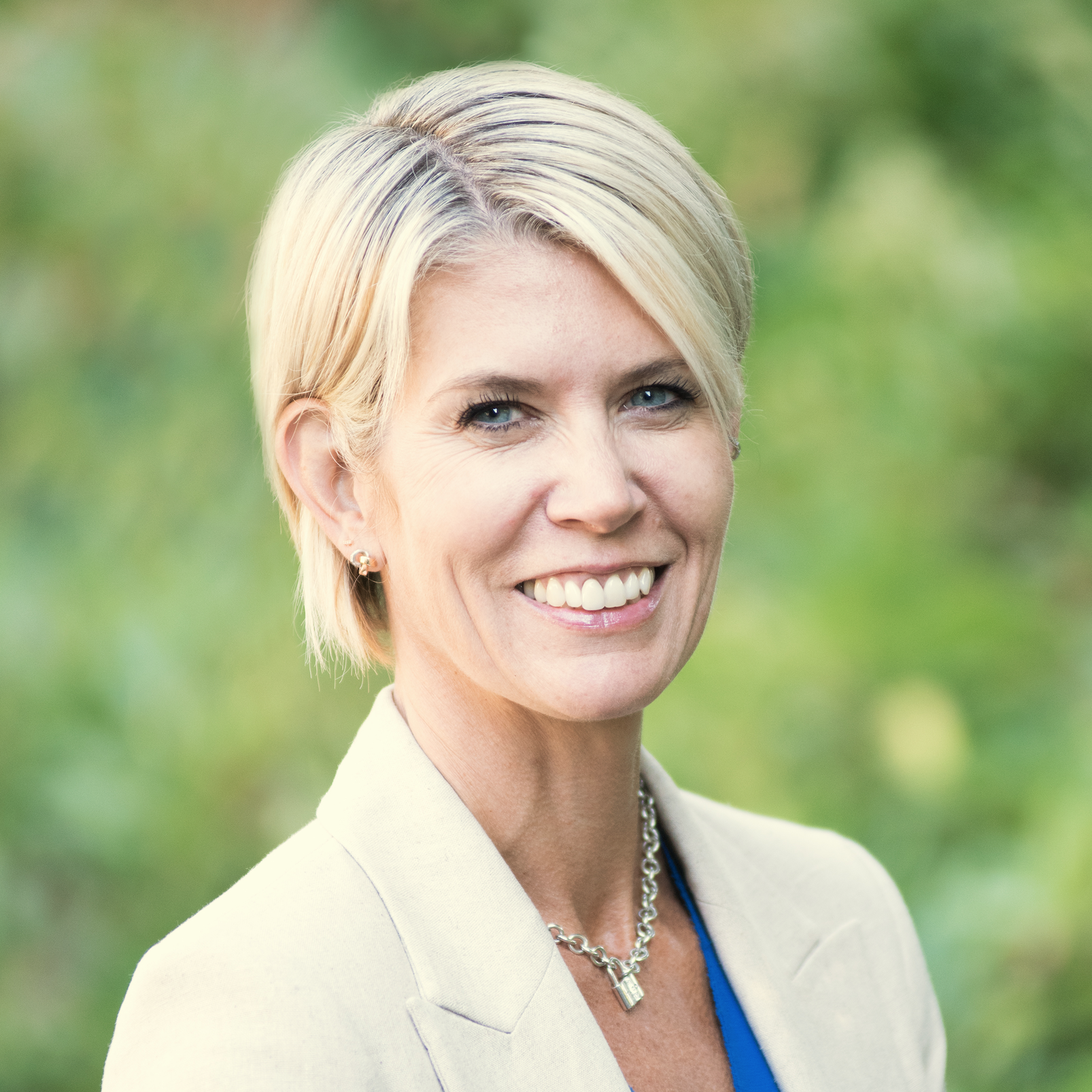Trust is a fascinating relationship between people and systems. Between people, trust is the faithful connective thread that allows for growth, for risk-taking and mistake-making. Between people and systems, trust signifies reliability, truth and the belief that good will come from what the system does. In reflecting on life of late, trust and mistrust are swirling undercurrents in many conversations that I have recently experienced. Lack of trust, misplaced trust, assumed trust and implicit trust create a curious quadrant in the frame of the public eye, creating an important relational lens for educational leaders to look through.
The OECD's research on trust in government and democracy explores the importance of trust from an institutional perspective. Their research on international policy development position trust as a critical aspect in strengthening social cohesion, nurturing political participation, and building institutional legitimacy. With just over 4 in 10 people indicating high or moderately high trust in their national government (OECD, Trust Survey, 2022) this is an area for significant consternation.
Covey and Merrill's book The Speed of Trust positions trust as tangible, pragmatic and actionable with two organizational outcomes - cost and speed. They write about the five waves of trust and the importance of leaders recognizing the laser sharp edges of soft skills in the business world.
- Self Trust - examine and refine your motives, the first wave is made of integrity.
- Relational Trust - be consistent, the second wave is about righting wrongs, clarifying expectations, confronting reality and keeping commitments.
- Organizational Trust - deliver what is promised and communicate clearly, the third wave is all about the principal of alignment.
- Market Trust - know your community and your reputation, the fourth wave asks for honesty, relevance, adaptability along with honestly admitting and repairing mistakes.
- Societal Trust - create value, giving back instead of taking centres contribution as the core of the fifth wave.

Trust in the school and classroom context is an essential element of successful educational design. Educators who invest time in building trust in their classrooms yield higher academic outcomes. Students who trust their teachers perform better. Student motivation and perserverance are positively impacted by trust-based intrapersonal relationships between students and teachers. There is a distinction between positive student-teacher rapport and trust. Trust involves competence, integrity and beneficence. It is more than being a nice person who is liked by many, it runs deep and is all about that "I've got your back" vibe. In the precarious, complex situations of life today, relationally trust weighs heavier than it ever has before. Students need to know that their teachers are there for them, supporting them when they have made mistakes right alongside of celebrating their successes. Parents and guardians also need to know that their school truly has their child's best interests at the centre of all decision making processes.
Public education is an act of complete trust whereby parents and guardians entrust educators each school day with the care of their most precious, their children. This is never to be taken lightly. If just under half of Canadians report a good or great level of confidence in the school system, then we have a tremendous amount of relational resetting to do in our teaching and learning institutions. Educators talk a lot about the pivotal importance of creating a sense of belonging for all in our schools. Yet operationalizing and positioning sense of belonging as a key educational priority is wickedly complex. The "how to" of creating inclusive space for all individuals requires trust and deeply to be rooted with thoughtful intentionality. Indifference, irritation, insensitivity and playing favourites are practices that should not have space in any educational setting. Creating norms of dignity and respect should anchor every move made in public education. This is the work needed to drive high performing educational systems forward to accelerate in modern times.
Both rapport and trust increase student effort and motivation, but trust is the more potent variable. When it comes down to it, it is more important for students to trust us than to like us.
Stephen Chew, 2023
I admit that I, too, am struggling with the construct of trust. The world is fraught with frightening situations that fray the binds of trust that once anchored public institutions in spaces of implicit trust. Like many, I have a honest list of growing disappointments in systems that I had assumed trust in. Getting stuck here could be an easy, dangerous place to drop anchor. I am realizing that I have to own this reality and my part in it.
As a white female educational leader, parent and community member, it is up to me to choose to be more careful around where I put my trust alongside of how I commit to building trust. Making assumptions about the level of care that I, or my loved ones, would receive based on previous experiences or relationships is not prudent. Being cautious of the sharp edges of mistrust and understanding the importance of psychological safety is prudent. The emergence of a new awareness of the plurality of trust and its fragile nature are not to be understated. Intentionally nurturing the gentle space that trust requires asks educational leaders to commit to communicating clearly, to understand the importance of cultural relevance and to initiate continuity between home-school environments. These are not surface level asks of educational systems, organizations or individuals. They require educational leaders to dive deep, to explore, to reflect, to reset and restore belief systems that anchor to an ethos of respect for all. Braving into the depths of trust is never-ending work that must be done with presence, intentionality and humility.




